- myFICO® Forums
- FICO Scoring and Other Credit Topics
- General Credit Topics
- What the heck is an UltraFICO?
- Subscribe to RSS Feed
- Mark Topic as New
- Mark Topic as Read
- Float this Topic for Current User
- Bookmark
- Subscribe
- Mute
- Printer Friendly Page
What the heck is an UltraFICO?
Is your credit card giving you the perks you want?
Browse credit cards from a variety of issuers to see if there's a better card for you.
- Mark as New
- Bookmark
- Subscribe
- Mute
- Subscribe to RSS Feed
- Permalink
- Report Inappropriate Content
What the heck is an UltraFICO?
What the heck is an UltraFICO?
Dave Ramsey has an article about something called an UltraFICO.
According to Ramsey Solutions, if I am to understand this right, the UltraFICO boosts people with a crappy FICO score by looking to see if they actually have any money, but Ramsey sort of seems to paint it as something of a joke, because he uses the example of UltraFICO (whatever this is) saying $400 in "savings" and that's all you have in the world, being considered sufficient assets to get a $5,000 credit card and pay that.
Quote,
"So, how much do you need to have stashed away in your bank account to qualify for an UltraFICO boost? Oh, about $400—and you have to prove you’ve had that amount of cash for several months in a row.2 You know, because that somehow means you’ll make the monthly payments on a credit card with a $5,000 limit (while the interest racks up). Because . . . math? It sounds ridiculous, and that’s because it is."
[...]
"It’s hilarious to even think about dishing out a $5,000 credit line to someone with only $400 in their bank account. Is this what our society now considers stable? What in the world are they thinking? Hey, as long as there’s $400 in your bank account, feel free to take out that $10,000 personal loan to pay for a wedding or fund a vacation trip! You’ll clearly be able to pay it back. Say what?"
(Ramsey goes on to describe the practice as "sleazy" and comparable to "2008".)
"When it all boils down to it, this is just a fake way to raise someone’s credit score to make them “worthy” enough for credit cards and loans. And who profits from that? The banks and the lenders. They’re not stupid. They’re betting on the chance that people won’t be able to pay their debts in full each month so they can slap them with higher interest rates. See? Sleazy."
[...]
"Hey, the 2008 housing crisis called and wants to know what the heck these guys are thinking. Didn’t we learn anything from what happened 14 years ago when people couldn’t afford the loans they took out on their homes?"
Ramsey also comments that connecting a bank to your other bank accounts using some third-party company will leave consumers vulnerable to data breaches at the third party.
I don't think Ramsey is wrong about the data breach threat. When I connected something to my bank account using Plaid, the next thing I knew I got (if I recall correctly), over $400 or something as a class action settlement because it turned out Plaid had security problems.
Now, my question is, again, does "UltraFICO" exist? Is this generally an accurate description? Is it a "scheme" to make subprime, or some might say "trash prime" customers eligible for huge credit card limits or something?
- Mark as New
- Bookmark
- Subscribe
- Mute
- Subscribe to RSS Feed
- Permalink
- Report Inappropriate Content
Re: What the heck is an UltraFICO?
@IsambardPrince wrote:
Now, my question is, again, does "UltraFICO" exist? Is this generally an accurate description? Is it a "scheme" to make subprime, or some might say "trash prime" customers eligible for huge credit card limits or something?
https://www.fico.com/ultrafico/
looks like FICO + bank account access = UltraFICO a product by the FICO people, a real thing.
a good option for FI's that want to lend, but FICO scores alone can't justify it to young/foreign/credit challenged/otherwise credit disenfranchised people, I imagine is the goal anyway
the ramsey argument is that it will be used to bilk the poor out of their last couple hundred dollars and is attempting to justify bad lending practices



Current FICO 8:





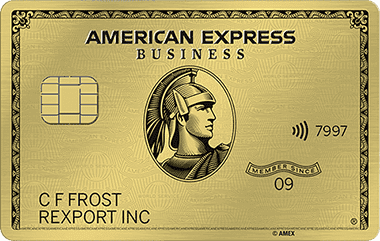
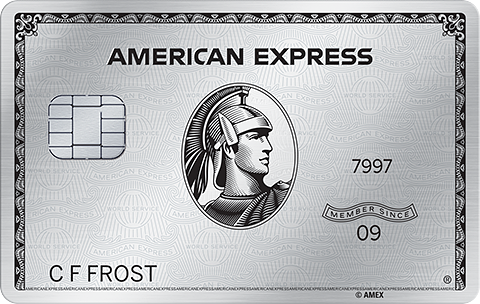
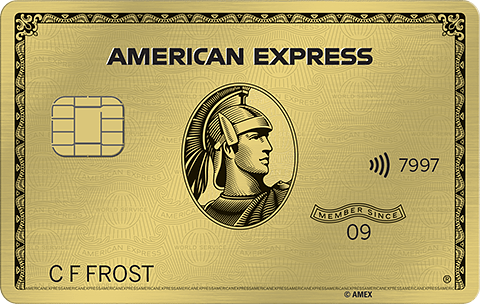
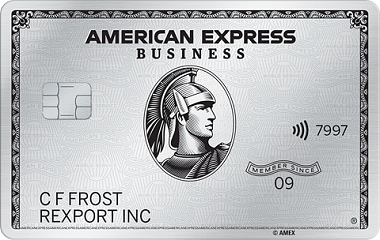




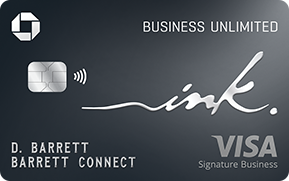

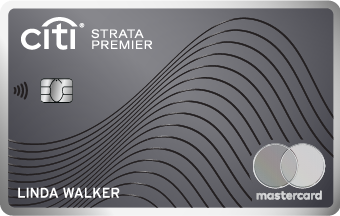
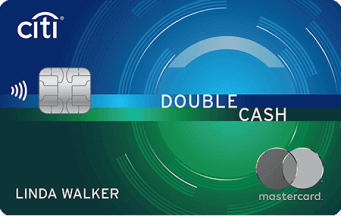




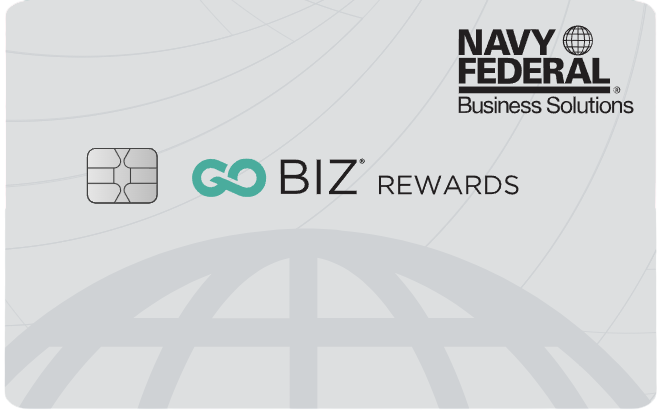
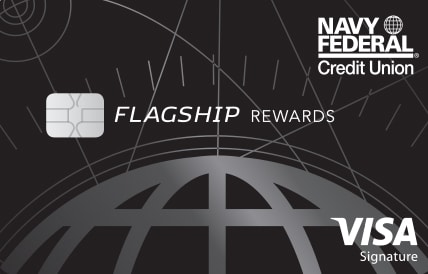


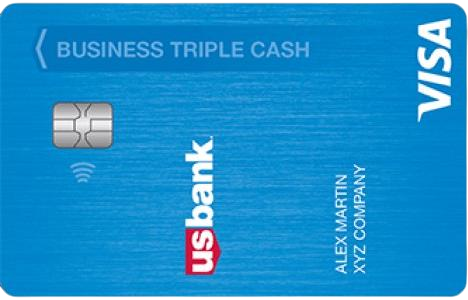
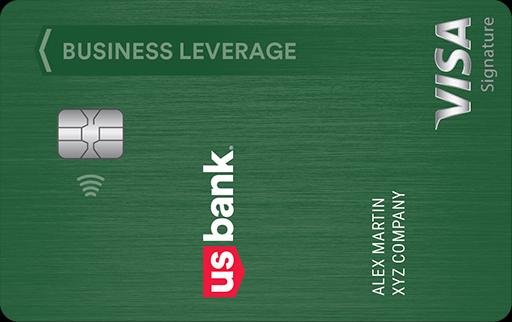
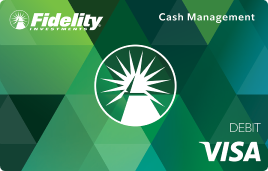
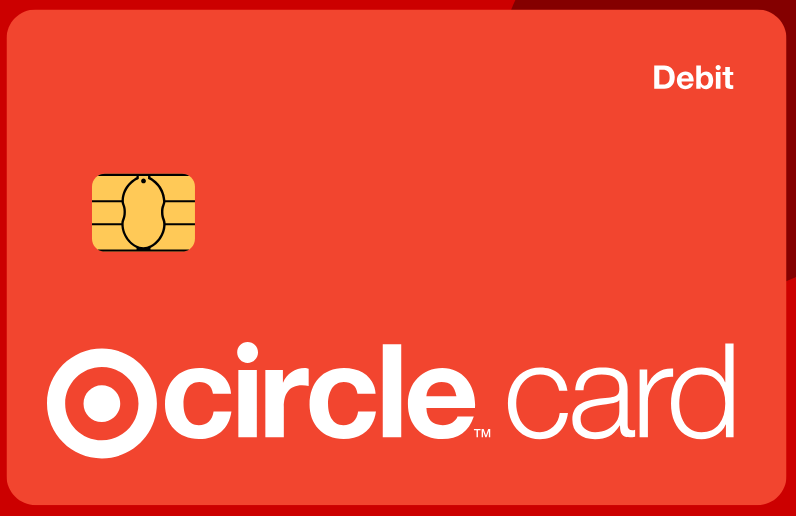

- Mark as New
- Bookmark
- Subscribe
- Mute
- Subscribe to RSS Feed
- Permalink
- Report Inappropriate Content
Re: What the heck is an UltraFICO?
@GZG wrote:
@IsambardPrince wrote:
Now, my question is, again, does "UltraFICO" exist? Is this generally an accurate description? Is it a "scheme" to make subprime, or some might say "trash prime" customers eligible for huge credit card limits or something?
https://www.fico.com/ultrafico/
looks like FICO + bank account access = UltraFICO a product by the FICO people, a real thing.
a good option for FI's that want to lend, but FICO scores alone can't justify it to young/foreign/credit challenged/otherwise credit disenfranchised people, I imagine is the goal anyway
the ramsey argument is that it will be used to bilk the poor out of their last couple hundred dollars and is attempting to justify bad lending practices
Warren Buffett is fond of saying that when the tide goes out, you see who was skinny dipping. There's so many people out there misrepresenting their income and telling others to do it on places like YouTube and Reddit, and it even includes the credit card influencers that get commission from recommending the cards.
The banks usually don't care if the person actually has the income they say they do. I wish that more of them would tell people put up or shut up, but my gut feeling is that Ramsey is right. They don't want to stop lending because charging astronomical rates is too profitable and anything that slows them down gets in the way of that.
Even if they are sniffing to see if you have $400-500, this wouldn't justify a large credit line. They should check everyone. Make them send in pay stubs, bank statements. Anyone who deserves a high credit line can do this, but I think 90% of the people would lose their credit cards if they had to prove that they had income and substantial assets.
They'd be left with customers that mostly pay their bills on time, which is the last thing a credit card bank would want. The people who are broke and can only make interest payments on maxed out cards would be gone and with them, over $200 billion a year in interest. At that point, it's down to interchange and they may as well be issuing debit cards.
So the "We want you to have some money but we don't want you to have a lot of money." thing is logical. Without those people huffing and puffing about how they're winning when the bank eats them alive with interest and fees, the scheme would collapse. So if UltraFICO looked and made sure they had plenty of money, it would probably be the end of credit cards.
Everyone who says they're terrified of Financial Review is one of these people who would probably lose their credit cards and they know it.
I wouldn't care, it would just be annoying. The credit cards would stay.
USCIS already went through all my finances several times regarding my husband, and I passed that. It's unimpeachable already because I know they look.
- Mark as New
- Bookmark
- Subscribe
- Mute
- Subscribe to RSS Feed
- Permalink
- Report Inappropriate Content
Re: What the heck is an UltraFICO?
Wish I had purchased 100 shares of FICO stock 2 years ago at $400 per share. It was on my list. It closed at $1745 today. New models => increased revenue. Fico is not in the lending business so no risk to them.
Fico also rolled out a XD2 model many years ago to score the unscoreable. Haven't heard much about it in recent years.
Fico 8: .......EQ 850 TU 850 EX 850
Fico 4 .....:. EQ 809 TU 823 EX 830 EX Fico 98: 842
Fico 8 BC:. EQ 892 TU 900 EX 900
Fico 8 AU:. EQ 887 TU 897 EX 899
Fico 4 BC:. EQ 826 TU 858, EX Fico 98 BC: 870
Fico 4 AU:. EQ 831 TU 872, EX Fico 98 AU: 861
VS 3.0:...... EQ 835 TU 835 EX 835
CBIS: ........EQ LN Auto 940 EQ LN Home 870 TU Auto 902 TU Home 950
- Mark as New
- Bookmark
- Subscribe
- Mute
- Subscribe to RSS Feed
- Permalink
- Report Inappropriate Content
Re: What the heck is an UltraFICO?
@Thomas_Thumb wrote:Wish I had purchased 100 shares of FICO stock 2 years ago at $400 per share. It was on my list. It closed at $1745 today. New models => increased revenue. Fico is not in the lending business so no risk to them.
Fico also rolled out a XD2 model many years ago to score the unscoreable. Haven't heard much about it in recent years.
There's the indirect risk that if they release a model and banks pay for it and it manages to cost them more in charge-offs than an older model that they might get angry about that.
There's also the fact that FICO has become a lot more reactionary to the changes being made in VantageScore, especially now that the lenders have the green light to do mortgages with that in some cases.
- Mark as New
- Bookmark
- Subscribe
- Mute
- Subscribe to RSS Feed
- Permalink
- Report Inappropriate Content
Re: What the heck is an UltraFICO?
No real risk other than market conditions. Fico does not force lenders to use a particular model. They do present data driven white papers. Some regulating agency may force adoption of particular models for certain types of lending. That guarantees a revenue stream from "forced use" of the adopted models.
Fico was reactionary with rolling out a trending model. VantageScore was the forerunner. Predictive risk does come into play with score inflating AU accounts. Some people need to be an AU to get a card (non working spouse, teen or retired grandparent). However, AU accounts should be banned from credit score analysis. They demonstrate nothing about the ability of the AU to manage credit. Joint accounts are a different story since both parties have skin in the game.
Fico 8: .......EQ 850 TU 850 EX 850
Fico 4 .....:. EQ 809 TU 823 EX 830 EX Fico 98: 842
Fico 8 BC:. EQ 892 TU 900 EX 900
Fico 8 AU:. EQ 887 TU 897 EX 899
Fico 4 BC:. EQ 826 TU 858, EX Fico 98 BC: 870
Fico 4 AU:. EQ 831 TU 872, EX Fico 98 AU: 861
VS 3.0:...... EQ 835 TU 835 EX 835
CBIS: ........EQ LN Auto 940 EQ LN Home 870 TU Auto 902 TU Home 950
- Mark as New
- Bookmark
- Subscribe
- Mute
- Subscribe to RSS Feed
- Permalink
- Report Inappropriate Content
Re: What the heck is an UltraFICO?
@Thomas_Thumb wrote:Wish I had purchased 100 shares of FICO stock 2 years ago at $400 per share. It was on my list. It closed at $1745 today. New models => increased revenue. Fico is not in the lending business so no risk to them.
Fico also rolled out a XD2 model many years ago to score the unscoreable. Haven't heard much about it in recent years.
I suspect because the newer AI models that everyone is working on will wind up doing a better, or at least "newer, more factors, etc" job. That's in flux right now in every industry and I don't think credit scoring is an exception.





















- Mark as New
- Bookmark
- Subscribe
- Mute
- Subscribe to RSS Feed
- Permalink
- Report Inappropriate Content
Re: What the heck is an UltraFICO?
@Thomas_Thumb wrote:No real risk other than market conditions. Fico does not force lenders to use a particular model. They do present data driven white papers. Some regulating agency may force adoption of particular models for certain types of lending. That guarantees a revenue stream from "forced use" of the adopted models.
Fico was reactionary with rolling out a trending model. VantageScore was the forerunner. Predictive risk does come into play with score inflating AU accounts. Some people need to be an AU to get a card (non working spouse, teen or retired grandparent). However, AU accounts should be banned from credit score analysis. They demonstrate nothing about the ability of the AU to manage credit. Joint accounts are a different story since both parties have skin in the game.
Non-working spouses and spouses who make less than the other spouse can get a credit card or a higher limit because they can use their spouse's income in almost all cases under the "and any income from someone else which is regularly used to pay your bills and is deposited into a join account" part of the "income" definition.
In our case, with some lenders, we have three things we can use to bolster income.
1. The other spouse's income, added to yours.
2. Part of my income is exempt from taxation, and most lenders either ask for what amount is exempt or say take that out, add 25%, and then include it into the total again.
3. Interest/dividend income (many applications allow it....if you make significant bank interest like many do now, include it).
The lender's definition of income does not necessarily mean net income, unless they say it does. Synchrony says net income, but most don't.
If anyone gets a raise, add that in.
Something to watch out for. Both spouses should tell the bank the entire amount of the mortgage or rent. You're jointly responsible for 100% of the amount even if the other one pays it.
Technically, that only applies to me. Our landlord made me sign the lease as tenant and said my spouse can be an additional resident, but my spouse didn't sign the lease.
I decided not to correct him because his mistake means that if something bad happens, I'm the only one he can take action against, and my source and amount of income are exempt from garnishment. He messed up and executed the contract with someone who can easily structure things to be judgment proof forever until I can file bankruptcy again, if that need arises.
I hope it never does, but landlords are used to getting whatever they want in court and in my case all he'd get is me. Why spoil the surprise?